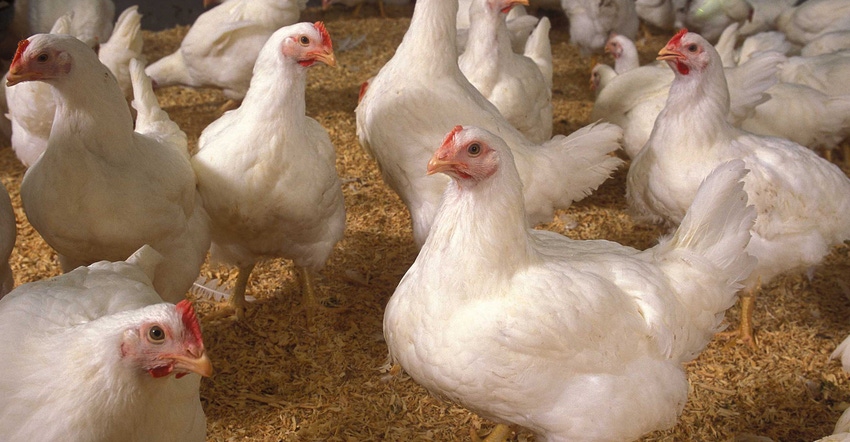November 9, 2018

By Willow Holoubek
Nebraskans can be proud of being on the forefront of redefining the farm-to-fork movement. In September, Costco will begin processing poultry in a $450 million complex in Fremont, Neb. Never before has a retailer integrated its meat supply to the farm level.
The importance of this new model of integration between a retailer and contract farmer-growers is that the farmers are partners in bringing high-quality protein to consumers. Costco cannot be successful in marketing rotisserie chickens unless the contract grower is successful financially in the contract.
The statement, "Our $450 million investment into a state-of-the-art processing facility is not worth a plug nickel, unless we have successful growers raising the birds!" has been voiced by Costco executives more than once.
While Costco is investing $450 million into the feed mill, hatchery and processing facilities, farmer-partners are also investing a sum of approximately $266 million into chicken housing and infrastructure to grow these birds.
The chicken housing complex will be limited to 532 houses — only enough to keep the plant at capacity. Each four-house site will cost about $2 million in capital expenditures. The grower-partners will have a contract that guarantees pay per pound, six flocks per year and the number of chicks placed in each flock.
A production bonus is also available for each flock. This unique 15-year contract has been well received, and financial institutions are making 15-year loans available to pay for this investment and return of approximately $95,000 per year for the operation and management of the four-house complex during the debt reduction period.
There are very few opportunities in agriculture today that offer approximately $95,000 of annual income, while building equity of $2 million in 15 years, that will continue for years to come. If managed well, the houses can last 30 years or longer. When the houses are paid for, the $95,000 income becomes an annual income of about a quarter of a million dollars.
The other benefit to Nebraska farmers is the new and steady demand for 350,000 bushels of corn and 3,000 tons of soybean meal every week. This is a new and steady 52-week demand year after year.
The second benefit is the litter produced with this new livestock development, which is valuable to our soils. Poultry litter is very much in demand because of its dense nutrients, dry consistency and availability of organic matter, which almost all soils in Nebraska need.
This new farm-to-fork model is a win for all involved. Consumers eat more than 90 million Costco rotisserie chickens every year. Costco is able to ensure it has the protein to meet the appetite of its members, making Costco the second-largest food retailer in the world.
Grower-partners — Nebraska farmers — are adding value to the corn and beans they raise, are guaranteed a paycheck through growing chickens, own the litter to keep their soils healthy, and can keep the next generation on the land, maintaining populations in rural Nebraska.
The icing on the cake is the economic impact of $1.2 billion annually through the jobs created, services rendered, tax base increased and commodities consumed. Yes, there are many reasons Nebraska can be very proud.
Holoubek is a LEAD 26 fellow. Before joining Premium Poultry, she served as executive director of the Alliance for the Future of Agriculture in Nebraska. She is involved with the family farm, which raises corn, soybeans, alfalfa and registered Angus cattle. Holding a degree from the University of Nebraska-Lincoln in animal science, she believes the economic value added by livestock is an important part of the future of rural Nebraska. Her four children have inherited her passion and are involved in the agricultural industry.
You May Also Like




